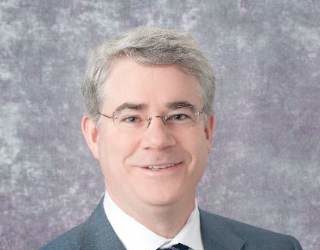AT RHEUMATOLOGY 2015
MANCHESTER (FRONTLINE MEDICAL NEWS) – Complete remissions of at least 3 years were achieved by nearly 15% of patients with systemic lupus erythematous, based on a retrospective analysis of an observational, single-center cohort of 624 patients treated over a 32-year span.
Nearly 5% of the patients achieved complete remissions of at least 10 years.
“Systemic lupus erythematosus is an unpredictable disease with many periods of exacerbations and remissions, but patients can achieve complete remission,” said Dr. Carmen Medina-Quiñones, of Ramón y Cajal Hospital in Madrid, at the British Society for Rheumatology annual conference.
Nevertheless, a patient with SLE can relapse after many years of remission, she noted during a poster tour.
Indeed, SLE flared in 22% of patients who had achieved complete remission, and 3 of these 15 patients relapsed more than a decade later. One patient relapsed after 12 years, another after 16 years, and the remaining patient after 18 years.
The findings indicate that all SLE patients need to be monitored and that long-term strategies are needed to control lupus activity, Dr. Medina-Quiñones said.
The analysis consisted of patients enrolled for a minimum period of 3 years in the SLE cohort at University College Hospital, London, from January 1978 to December 2010. The main aim was to determine how many patients in the cohort were able to achieve a complete remission over the follow-up period of 32 years.
Complete remission was defined as achieving BILAG (British Isles Lupus Assessment Group) scores of C, D, or E signifying the absence of clinical features and having normal laboratory findings, including normal complement levels. The definition also required that patients were off treatment for at least 3 years, meaning no corticosteroid or immunosuppressive therapies, although antimalarial and nonsteroidal anti-inflammatory drugs were allowed.
It was found that 45 (8.5%) achieved clinical but not serologic remission, and 66 (12.4%) patients achieved only serologic remission. “Interestingly, 29 patients achieved complete remission even without any antimalarial or nonsteroidal treatment,” Dr. Medina-Quiñones said.
The researchers also found that remissions were less likely in patients who had renal (P < .001), neurologic (P = .002), or cardiopulmonary involvement (P < .001).
Dr. Anisur Rahman of University College London who moderated the poster tour commented: “Many patients ask, ‘Will I ever be free of this disease?’ and ‘Will I ever not have to take any medication?’ The message here seems to be that it is quite unlikely for people with lupus.”
Dr. Medina-Quiñones commented: “Nowadays, we have a lot of new technologies and we have had a lot of success with different kinds of treatment, so it is likely that patients’ quality of life will improve and that they will have more chances to achieve remission.”
Dr. Medina-Quiñones has no relevant financial disclosures.



